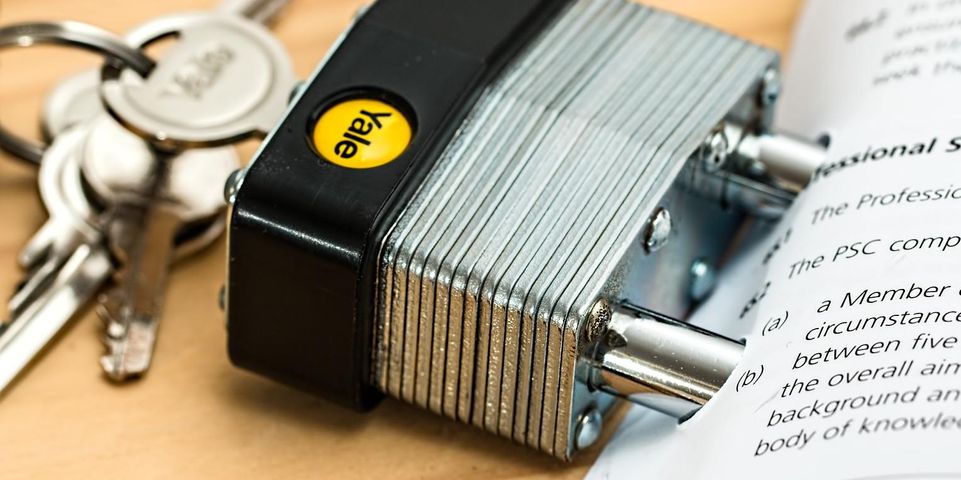
If the time ever comes to bail a friend or loved one out of jail, most people won’t hesitate to put up whatever collateral is required for the bail bond. Still, it helps to understand how the process works and what the options are in order to make the process as painless as possible. Below, 3-D Bail Bonds, a trustworthy local bail bondsman in Hartford, Connecticut, explains how the collateral process works and some types of collateral that might be accepted.
How Does Bail Bond Collateral Work?
The court demands bail for the release of a prisoner primarily as a guarantee that the accused will show up for trial at a later date. A bail bondsman also needs some assurance that obligations will be met. In most cases, the legally binding signature of a responsible party serves as that guarantee, but in other cases, collateral may be required to secure a bail bond.
What Types Of Collateral Can I Use For A Bail Bond?
Most any form of property with a significant, agreed-upon monetary value can be used as collateral for a bail bond. Some typical examples of collateral that might be accepted include home equity, real estate, vehicles, jewelry or precious metals, and firearms.
 To accept a home or real estate as collateral, a bail bondsman may require a certain equity threshold to be met. Typically, the equity in a home must be equal to 150% of the bond amount. For jewelry or firearms, the items must usually be appraised at a value commensurate with the amount of the bond.
To accept a home or real estate as collateral, a bail bondsman may require a certain equity threshold to be met. Typically, the equity in a home must be equal to 150% of the bond amount. For jewelry or firearms, the items must usually be appraised at a value commensurate with the amount of the bond.
If you need to bail a loved one out of jail, look for a reputable local bail bondsman for help, and feel free to ask questions about the fees, collateral, or the bail bond process in general. In Hartford, seek out 3-D Bail Bonds for caring, conscientious help in securing your loved one’s freedom. Call the bail bondsman today at (860) 247-2245 or visit their website for more information. You can also find them on Facebook and Twitter.
About the Business
(32 reviews)
Have a question? Ask the experts!
Send your question

